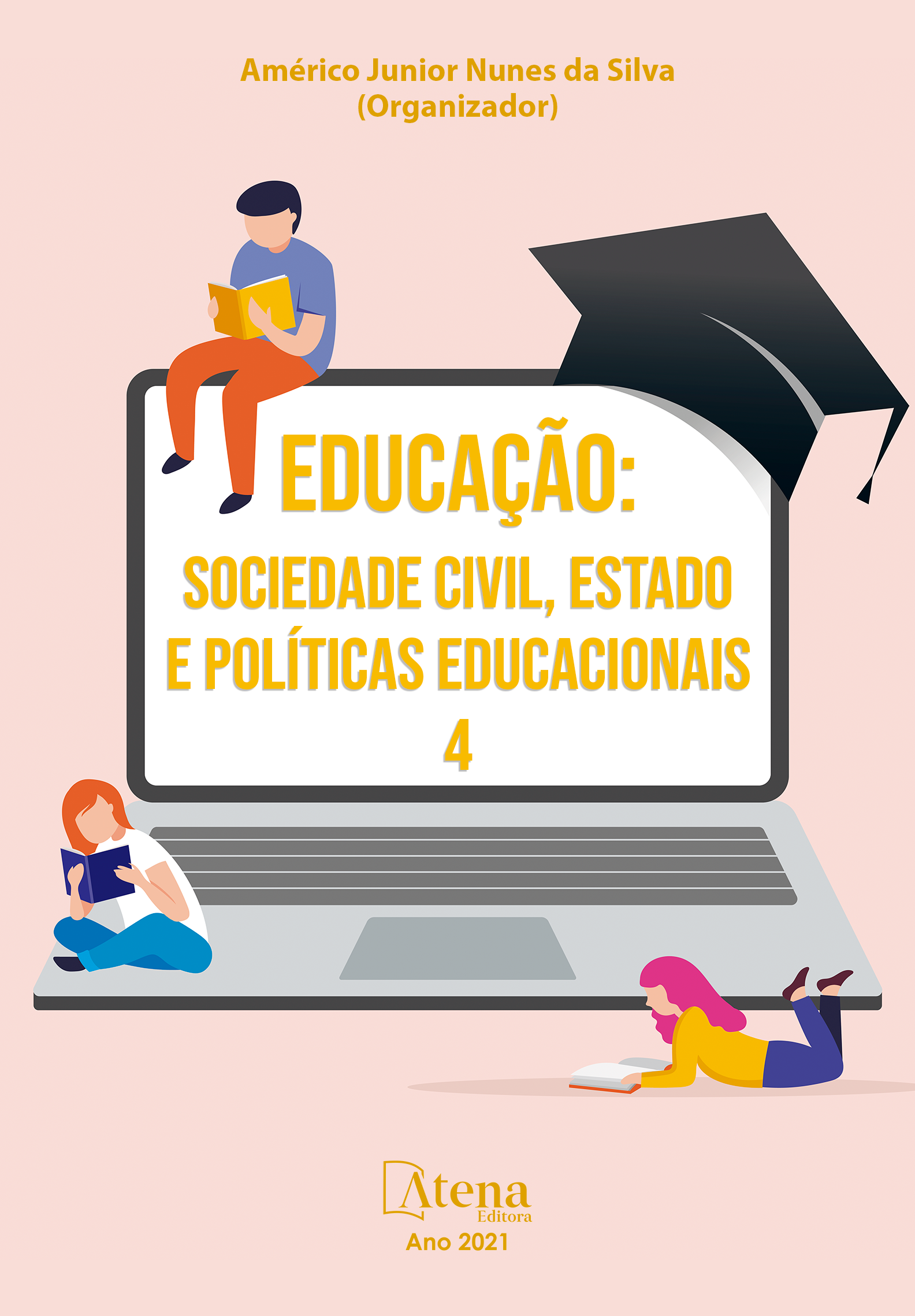
PRODUÇÃO DE BIODIESEL A PARTIR DE ÓLEO VEGETAL
A contextualização do conhecimento científico em detrimento a utilização de atividades experimentais, é uma estratégia eficiente para a criação de problemas, contribuindo com o esclarecimento da comunidade acadêmica acerca do tema. Para tanto, nesta pesquisa, buscou-se aliar a proposição de temáticas sustentáveis, com ênfase na produção de biodiesel a partir de óleos vegetais, sistematizada em formato de oficina, para o emprego como instrumento didático. Nesse contexto, o objetivo do presente trabalho é realizar a produção de biodiesel em laboratório utilizando óleo vegetal, por meio de uma reação de transesterificação, em diferentes condições da reação, além de discutir aspectos operacionais da produção de biodiesel. A oficina foi aplicada nas seguintes etapas: Aula expositiva sobre o conteúdo de biodiesel; Apresentação da proposta da oficina e entrega do roteiro experimental; Cálculo da quantidade de álcool e catalisador de acordo com a estequiometria e a porcentagem estipulada; Produção de biodiesel no reator de bancada, a partir de óleo de girassol utilizando como reagente o metanol e hidróxido de sódio como catalisador da reação; Análise do metanol e etanol na reação; Discussão dos principais aspectos da produção do combustível. A metodologia da oficina se mostrou viável, pois os alunos demonstraram maior compreensão e interesse no tema, devido às interlocuções sobre o tema, construção de argumentos críticos e melhoria no desempenho em sala de aula. Portanto, os resultados advindos da oficina com o intuito de aliar a aula experimental com a compreensão dos alunos em relação a obtenção do biodiesel, permitiu destacar aspectos positivos como: a motivação dos alunos, melhor desempenho em sala de aula e a construção de argumentos críticos, proporcionando a afirmação do potencial das contextualizações de temáticas de biocombustíveis no laboratório e a utilização desta ferramenta como auxílio no ensino.
PRODUÇÃO DE BIODIESEL A PARTIR DE ÓLEO VEGETAL
-
DOI: 10.22533/at.ed.77221290120
-
Palavras-chave: Ensino e aprendizagem, oficina temática, biodiesel, biocombustível, energias renováveis.
-
Keywords: Teaching and learning, thematic workshop, biodiesel, biofuel, renewable energy.
-
Abstract:
The contextualization of scientific knowledge rather than the use of experimental activities, is an efficient strategy for the creation of problems, contributing to the clarification of the academic community about the subject. To this end, this research sought to combine the proposition of sustainable themes, with emphasis on the production of biodiesel from vegetable oils, systematized in a workshop format, for use as a teaching tool. In this context, the objective of the present work is to perform the production of biodiesel in a laboratory using vegetable oil, through a transesterification reaction, in different conditions of the reaction, besides discussing operational aspects of biodiesel production. The workshop was applied in the following steps: Presentation of the workshop proposal and delivery of the experimental script; Calculation of the amount of alcohol and catalyst according to the stoichiometry and the stipulated percentage; Production of biodiesel in the bacada reactor, from sunflower oil using methanol and sodium hydroxide as reagent; Analysis of methanol and ethanol in the reaction; Discussion of the main aspects of fuel production. The workshop methodology proved feasible, as the students demonstrated greater understanding and interest in the subject, due to the interlocutions on the subject, construction of critical arguments and improvement in classroom performance. Therefore, the results from the workshop, aiming to combine the experimental class with the students' understanding of how to obtain biodiesel, allowed highlighting positive aspects such as: students' motivation, better classroom performance and the construction of critical arguments, providing the affirmation of the potential of biofuel thematic contextualization in the laboratory and the use of this tool as an aid in teaching.
-
Número de páginas: 10
- Tertuliano Ferreira Moreno
- Miryam Torres dos Santos Cunha
- Ana Carolina de Santana Moura
- Amanda Santana Peiter
- Thailys Campos Magalhães


